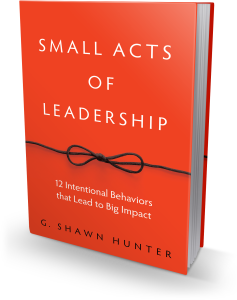You Don’t Want What You Think You Want
It’s a straightforward question, “What do you want?”
And depending on the situation, time of day, who we are with, etc. the answer can also be pretty straightforward. “I want to go for a run,” or “I want to talk to my brother,” or “I want you to speak to our boss about our concerns on the project,” or “I want to drink Chardonnay and stare at Netflix for an hour.”
We can understand these wants, but we may not always understand the motivations behind them. According to Marshall Rosenberg, Ph.D., expressing our wants is just a surface expression of a deeper need. And according to Rosenberg, we only have seven foundational needs we are trying to satisfy:
- Connection (communication, nurturing, intimacy, be understood)
- Play (joy, humor, elation)
- Well-being (shelter, food, rest)
- Peace (beauty, harmony, inspiration)
- Honesty (integrity, presence, authenticity)
- Meaning (clarity, contribution, self-expression)
- Autonomy (choice, freedom, spontaneity)
When someone says, “I want you to talk to the boss about all the bugs in the software,” they might really be saying “I want support and safety,” or they might be asserting their sense of identity, “I want you to understand I’m in control.” And if your girlfriend says, “I want to go for a walk,” she might be saying “I want to be understood,” or she might be saying “I want to share a sense of meaning and beauty with you.” Or maybe both.
The point is that we rarely ask for what we actually want. We talk around the edges, in cryptic phrases, because we don’t understand what we really want, or we don’t know how to ask for it.
Once we satisfy those eight core needs we feel better, and we feel better in just a few specific ways. We feel one of these emotions:
- Affectionate (compassionate, loving, friendly)
- Confident (empower, proud, safe)
- Grateful (appreciative, thankful)
- Inspired (amazed, awed, exhilarated)
- Hopeful (encouraged, optimistic)
- Peaceful (centered, trusting, calm)
- Refreshed (rejuvenated, enlivened)
That’s it. Here’s the exercise: look for those feelings which start to emerge when our central needs are not met. We may start to feel anxious, embarrassed, fatigued, vulnerable, or a whole host of emotions. The trick is to ask “What do you want?” and then work to discover the underlying need behind it.
Even better, when you say to someone “I want ______,” understand you are probably asking for something else. When in doubt start with kindness, it’s the #1 most desired trait, all around the world, for those looking for a long-term partner.
Start building new habits today. Check out our new micro-learning series Small Acts of Leadership on Mindscaling
- ____________________________________________________

Twitter: @gshunter
Say hello: email@gshunter.com
Web: www.shawnhunter.com



